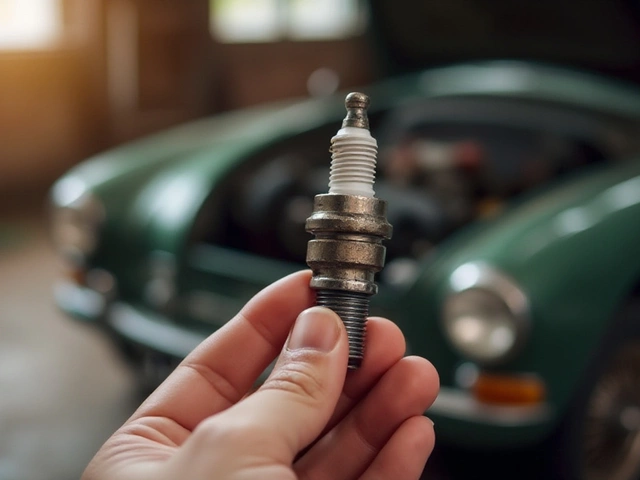Clutch Maintenance – Keep Your Gear Shifting Smooth
If your car hesitates, jerks, or makes a burnt smell when you shift, the clutch is probably the culprit. You don’t need a mechanic for every little issue – a few simple checks can tell you if the clutch is still good or heading for failure.
Spotting Clutch Problems Early
First, listen. A grinding noise or a sour smell from the gearbox usually means the clutch plates are wearing out. Next, pay attention to the pedal. If it feels spongy, sticks to the floor, or suddenly becomes hard, you’ve got a problem worth checking.
Another tell‑tale sign is slipping. If the engine revs but the car doesn’t speed up, the clutch isn’t fully engaging. That can happen after you’ve overheated the clutch – for example, by riding the pedal down hill or launching too hard.
Even the smell of burning can be a warning. A burnt clutch can still work for a while, but the lifespan drops fast. Expect a few hundred miles at most before you’re forced to replace it.
Saving Money on Clutch Repairs
Clutch replacement cost varies – a basic kit plus labour can run from £300 to £600, while a performance Stage 2 kit pushes the price higher. Before you pay, ask the garage to show you the worn plates. Sometimes a simple adjustment or a new pressure plate solves the issue for a fraction of the cost.
If you’re handy, you can replace a clutch yourself. You’ll need a torque wrench, jack stands, and a solid repair manual. The biggest savings come from doing the labour, but make sure you’re comfortable with removing the transmission.
Regular maintenance helps too. Keep the clutch fluid clean and topped up, and avoid aggressive launches. A little care now can add thousands of miles to a clutch’s life.
When you notice the first signs, don’t wait until the car stalls. Early diagnosis saves both time and money, and it keeps you safe on the road.
So next time you feel a strange pedal feel or hear a faint buzz, give the clutch a quick check. A few minutes of inspection could prevent a costly repair and keep your car shifting smoothly for years to come.
 22 January 2025
22 January 2025
How Long Does a Clutch Kit Last in Your Vehicle?
Understanding how long a clutch kit can last is crucial for vehicle maintenance and budgeting. Many factors contribute to its longevity, including driving habits, type of vehicle, and external conditions. This article explores the lifespan of clutch kits, signs of wear, tips to extend their life, and common causes of clutch failure. Equip yourself with the knowledge to prolong the life of your vehicle’s clutch system.
Latest Posts
Tags
- car maintenance
- engine oil
- spark plugs
- brake pads
- engine performance
- vehicle maintenance
- spark plug replacement
- windshield wipers
- fuel pump
- suspension parts
- clutch replacement
- oil change
- clutch kit
- car suspension
- car performance
- air filters
- car radiator
- exhaust systems
- fuel pump replacement
- engine misfire






0